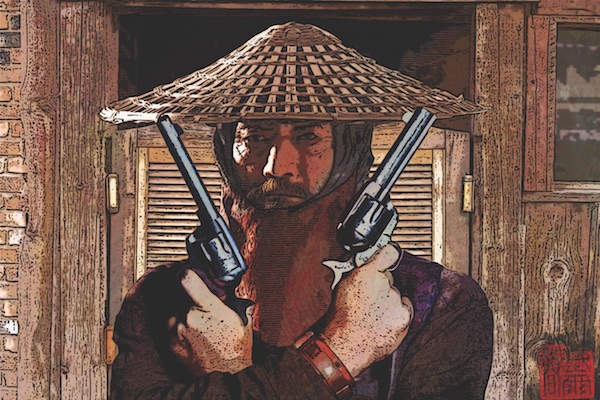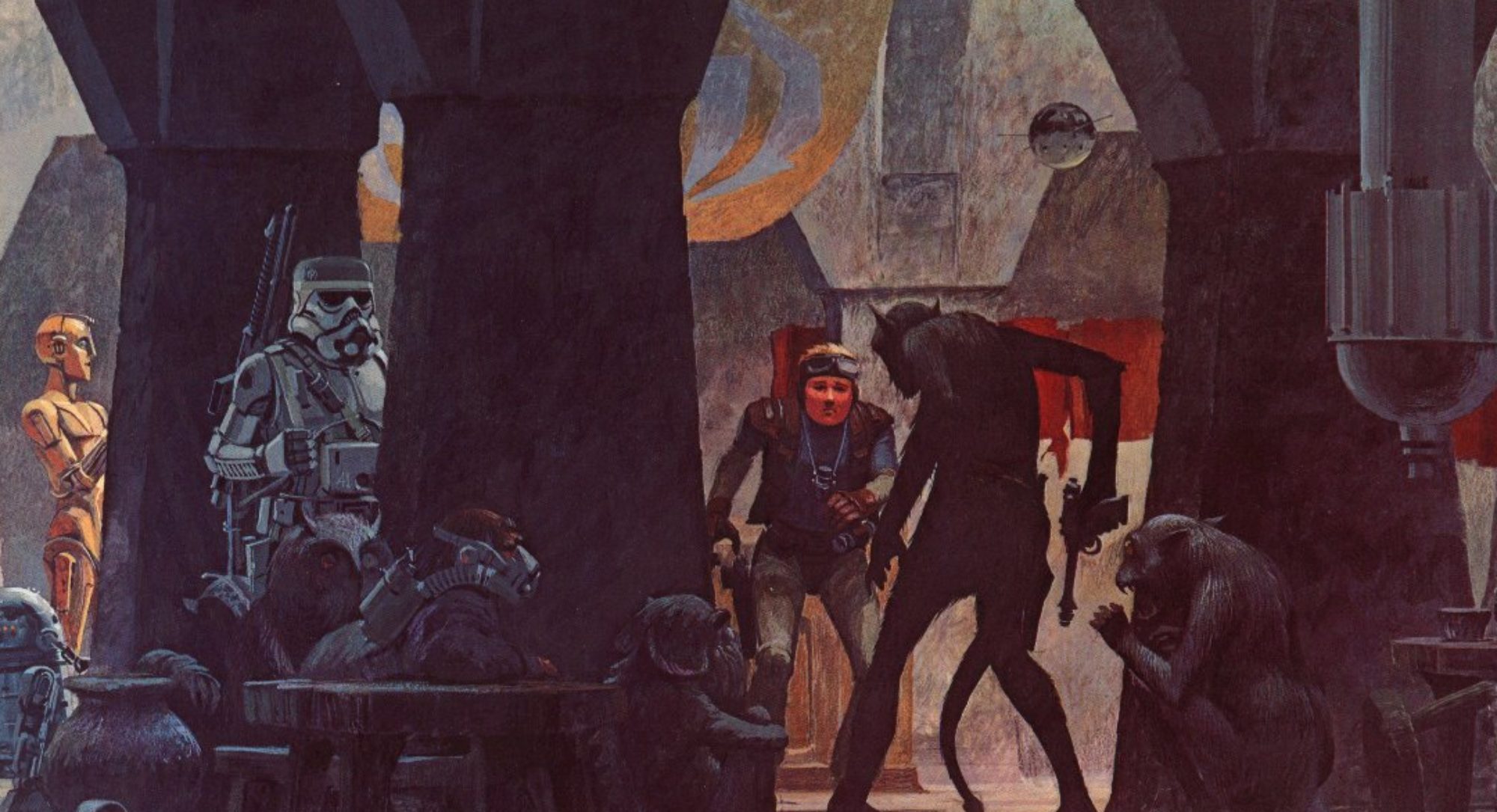As I expected, the tabletop games industry has entered Interesting Times (in the Chinese proverb meaning of the phrase).
Gamers collectively began to unsubscribe from D&D Beyond — the online tool set for Dungeons & Dragons, to send a message to WOTC/Hasbro. This was, apparently, not a small amount of lost revenue.
Yesterday, Paizo (publishers of Pathfinder), along with a still-growing number of other publishers announced that they’re developing a system-agnostic irrevocable license which will be called the Open RPG Creative (ORC) License. (Click through to read the announcement.)
Today, WOTC released their statement, which was basically: “Uh… oops. My bad. More info coming later.” They attempt to address some concerns, but spin-doctor their way around the major issue — the attempted “de-authorization” of OGL1.0a. I suspect they’re still going to try to put the toothpaste back in the tube.
This is not an abstract issue for me. My FAR WEST game uses OGL1.0a, in the form of the Open D6 rules which were released as open content by the previous owners of West End Games, as well as some elements of the FATE system, also released under OGL1.0a. I’ve struggled for a decade to get that game finally released, and I’ll be damned if I am going to have the rug pulled out from under me when the finish line is in sight.
I’m certain that I could release under existing US Copyright Law, which specifies that systems and processes are not protected content — but whether the courts feel that includes RPG systems is not a matter of settled law. I’m certain that it could be proven to be so in court, but would require expensive litigation against a massive corporation. OGL1.0a offer a ‘safe harbor’ that would prevent that litigation.
I’m hoping that the forthcoming ORC license includes language that grandfathers in material that was opened under OGL 1.0a. I’ve signed up to the mailing list, and will be doing what I can to offer suggestion in that direction.
I suspect there will be further updates to this story.


